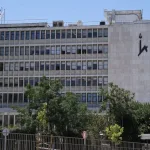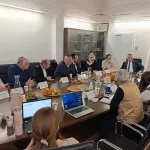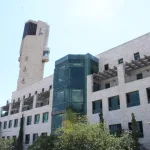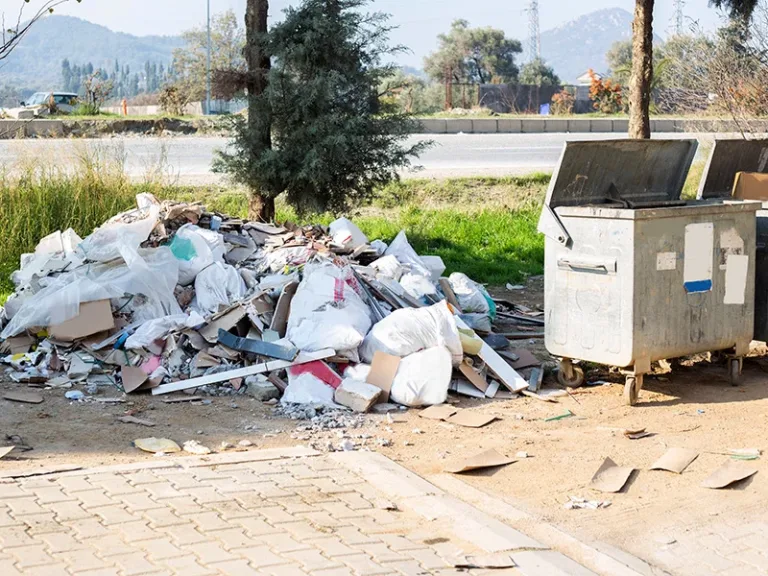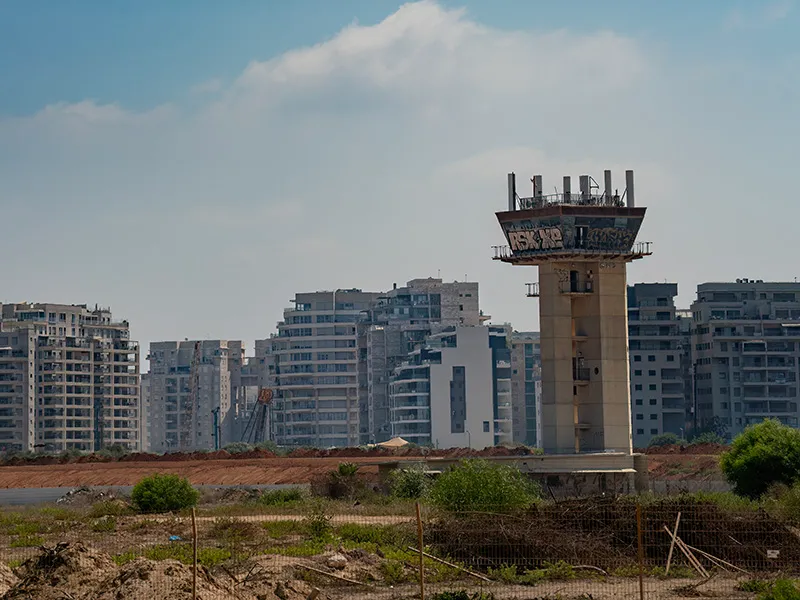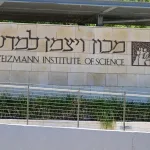The Ministry of Environmental Protection publishes a Memorandum for the Amendment of the Cleanliness Maintenance Law (Temporary Order, Hebrew) on the Governmental Legislation Website. The amendment is intended to authorize the Ministry to intervene in emergency cases in the waste economy and prevent sanitary and environmental crises. The Temporary Order was formulated following recurring events in recent years that endangered public health and due to concerns that they might reoccur. It is proposed to advance the memorandum as a Temporary Order for a period of one year, during which the Ministry will promote comprehensive legislation for the regulation of the waste economy in Israel.
Idit Silman, Minister of Environmental Protection: “We are continuing with Israel‘s Waste Revolution. The Temporary Order that the Ministry is promoting will grant the State of Israel the immediate tools required to protect public health and the environment in a reality where the waste economy relies on a limited number of private entities.
“Recent events have proven the necessity of a rapid intervention capability to prevent severe sanitary and environmental hazards. The Ministry’s teams are leading professional and thorough staff work for the short- and long-term regulation of the waste economy to ensure equal, fair, and continuous service to every authority and every citizen, and with the goal of ensuring the protection of public health and the environment.”
Today, 6 million tons of municipal waste are produced annually in the State of Israel , of which about 80% is transferred to landfilling. According to the Ministry’s policy and as is customary in developed countries for the waste treatment hierarchy, the focus must be on source reduction of waste generation, reuse, increased recycling, and energy recovery. The strategy promoted by the Ministry is expected to bring about a substantial reduction in landfilling to only about 20% landfilling within a decade.
In light of the fact that parts of the waste economy in Israel currently suffer from high concentration and a lack of regulatory tools, and due to concern for additional incidents that may endanger public health and the environment, additional tools and intervention authorities are required until the completion of permanent legislation. The proposed Temporary Order will provide the Ministry with tools that will ensure functional continuity by providing continuous service to residents.
Most treatment and landfilling facilities are operated by a small number of private entities , which often operate solely based on economic considerations , and sometimes in a manner that creates dependence and exposure of the local authorities to crisis situations. In this reality, any delay in waste reception, even for a few days, could lead to significant accumulation at transfer stations, harm to public health, and wide-scale environmental hazards. Furthermore, the need for regulation and efficient waste treatment is imperative due to the shrinking areas available for landfilling and the population density.
Main Points of the Temporary Order
- To declare waste treatment services an essential service, enabling direct intervention in cases of disruption, cessation, or reduction in the scope of service
- To mandate operating conditions and hours of activity when there is concern for harm to public health, the environment, or the continuity of service
- To require the provision of fair and equal service to every authority, without discrimination in price or quantity, and to prevent situations of refusal to provide service
The Temporary Order is expected to strengthen the operational stability of the waste economy in a manner that will enable the implementation of advanced environmental policy advocating for a circular economy. The Ministry’s ability to handle crises by providing an immediate response to disruptions is a critical component in improving the entire waste system and ensuring the functional continuity of the waste collection, evacuation, and treatment chain. Concurrently, accelerated and in-depth staff work continues at the Ministry towards permanent legislation that will fully and stably regulate the waste economy, lead to a real improvement in service to residents, reduce waste landfilling, and assist in promoting an advanced circular economy.
The Cleanliness Maintenance Law (Ensuring Essential Services) (Temporary Order, Hebrew), 2025 Memorandum is open for public comments until Wednesday, December 10, 2025..





